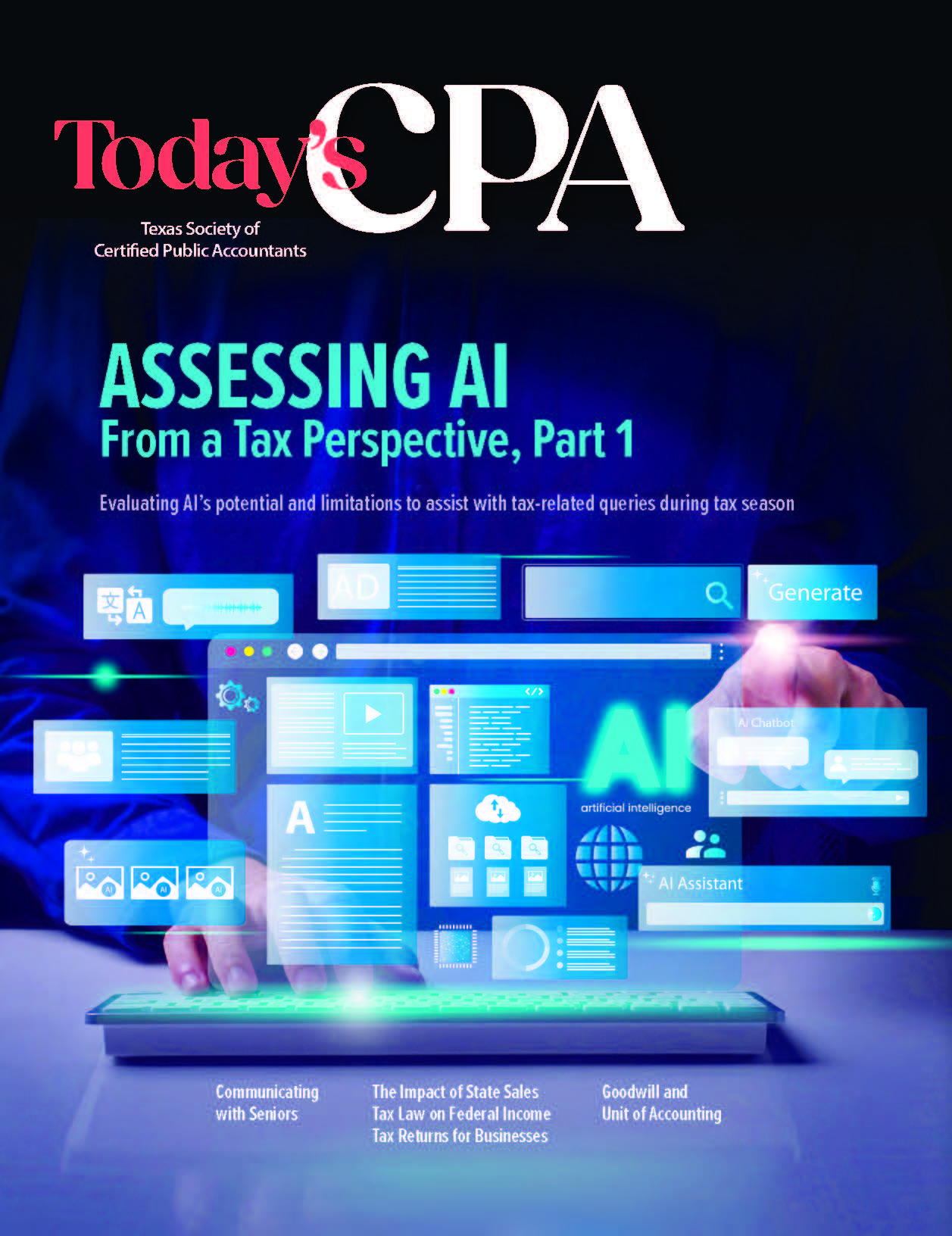January 15, 2025
Proposed Two-Track Path to a CPA License is Getting Serious Consideration
By Don Carpenter, MSAcc/CPA
After years of functioning under a set of demanding but consistent testing and licensing requirements, serious consideration is now being given to restructuring licensing as a CPA to include a fork in the path. This comes on the heels of revisions in 2023 to the necessary requirements for taking the Uniform CPA Exam.
This proposal is an attempt to address the shrinking pool of potential new entrants into the accounting profession. Both the accounting firms and industry are facing a well-documented shortage of qualified accounting professionals. This has created interest in reducing the time and educational requirements for certification.
The path to licensure has historically included both successful completion of the CPA Exam and a period of work experience under the direction of a licensed CPA. To understand the two-track proposal, we should look at the current path to meeting both the examination and experience requirements.
Although all applicants take a uniform examination in the U.S., the requirements to sit for the exam are determined on a state-by-state basis. Qualification for sitting for the examination in Texas changed in 2023 and now requires:
1) An electronic fingerprinting and background check for criminal history;
2) A baccalaureate or higher degree recognized by the Board;
3) A minimum of 120 semester hours (or quarter-hour equivalents) of college credits, which includes 21 hours of upper-level accounting courses and 24 hours of upper-level business courses (which must include at least two hours of accounting/business communications).
The Exam consists of four sections of which three sections are standard: 1) Financial Accounting and Reporting (FAR); 2) Regulation (REG); 3) Auditing & Attestation (AUD).
Each applicant may then choose the fourth section from the following options: 1) Business Analysis and Reporting (BAR); 2) Information Systems and Controls (ISC); 3) Tax Compliance and Planning (TCP).
Once an applicant has passed the first section, all sections are required to be passed within a 30-month window. Any parts previously passed must be retaken if the Exam is not completed within this timeframe.
To be licensed, the applicant must meet additional educational requirements: 1) Additional upper-level academic courses to meet 150 semester hours, which include at least six hours of accounting courses; 2) Two semester hours of accounting or tax research and analysis and three semester hours of approved ethics training must be completed within the overall 150-hour requirement.
Changes were made in 2023 to allow an earlier start toward passing the Exam but not necessarily to beginning work. To be licensed, an applicant must also complete at least 2,000 hours of non-routine accounting work experience within a two-year period under the direction of a CPA.
AICPA and NASBA have jointly proposed an alternate pathway to licensure. The proposal does not replace the current structure but rather runs parallel to it. The crux of the proposal would be to substitute an additional year of work experience (2,000 hours that must be completed in five years) for the additional 30 hours of upper-level education. The work must be reviewed by a licensed CPA. Prior work experience may be included, but an internship that fulfills the baccalaureate requirement cannot.
The stated purpose of the alternate pathway is to reduce the costs required to receive a CPA license and put applicants into the workforce sooner. The proposal does not necessarily shorten the time required to be fully licensed. To become effective, the proposal must be adopted by the boards that govern licensing within each state. Learn more about the AICPA and NASBA proposal, and legislation filed in Texas, on TXCPA’s website.

The alternate pathway would accelerate entry into the workforce by at least a year, giving accounting firms access to a larger labor pool. However, this labor bump should level off after the initial year. If the alternative pathway is ultimately adopted, it will be incumbent on university advisors and accounting professionals to inform applicants of their options and the various pros and cons of each choice.
About the Author: Don Carpenter, MSAcc/CPA, is clinical professor of accounting at Baylor University. Contact him at Don_Carpenter@baylor.edu.
Thanks to the Sponsors of Today's CPA Magazine
This content was made possible by the sponsors of this issue of Today's CPA Magazine:






















